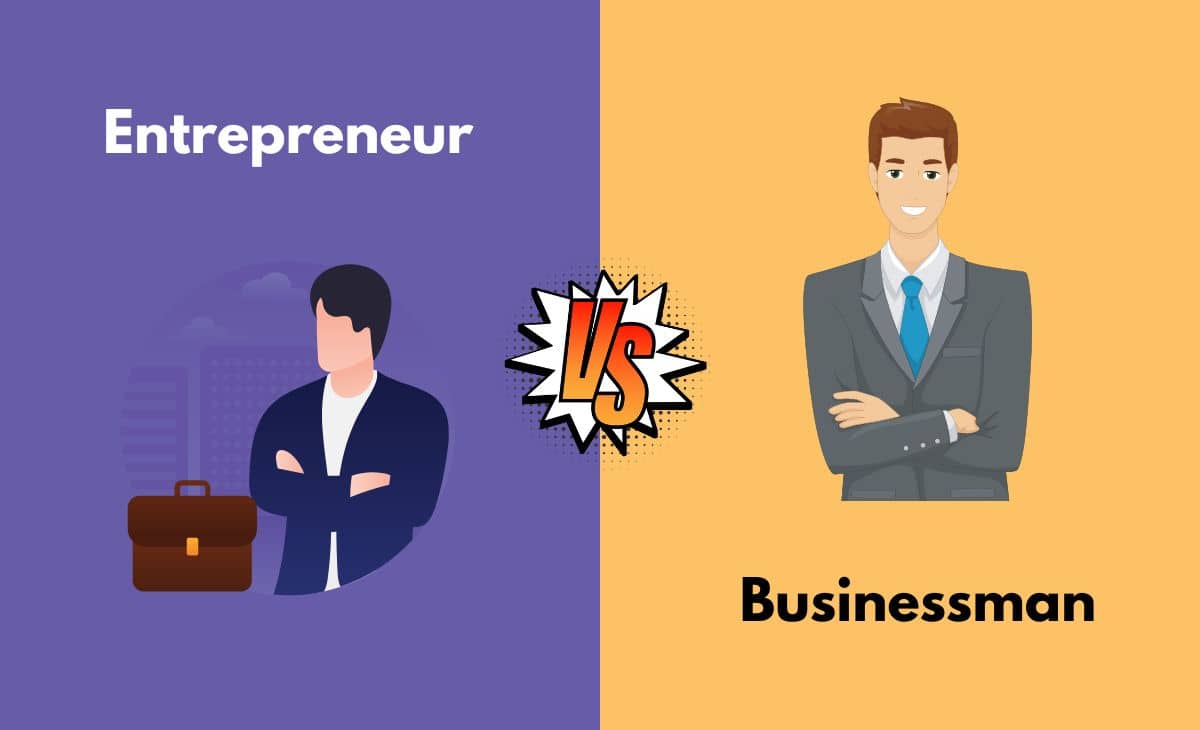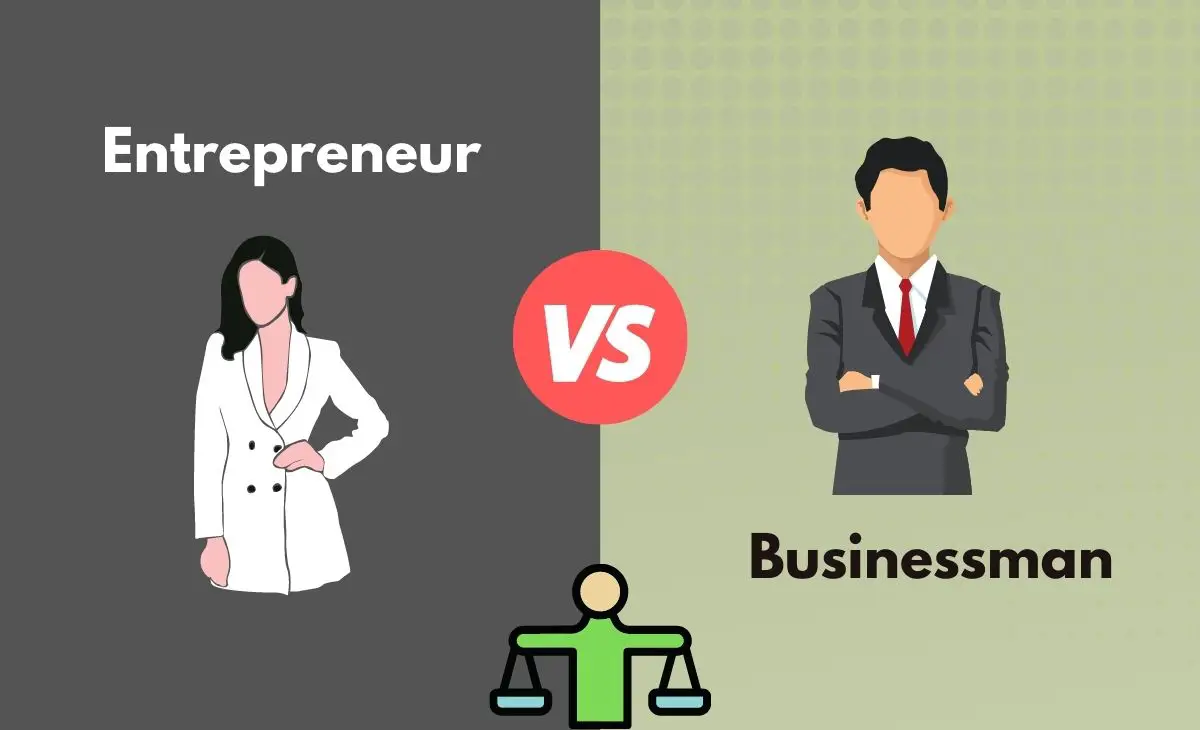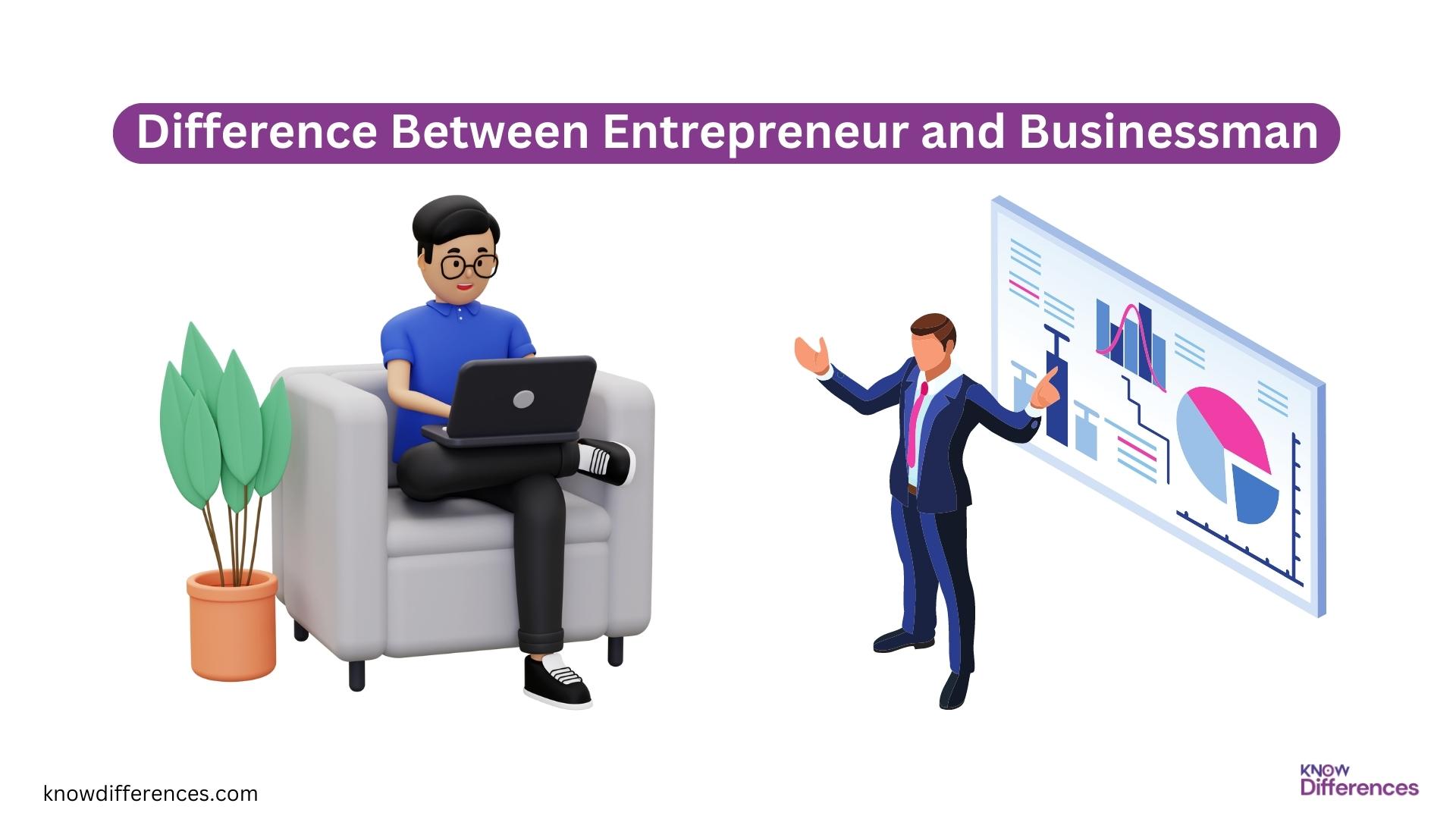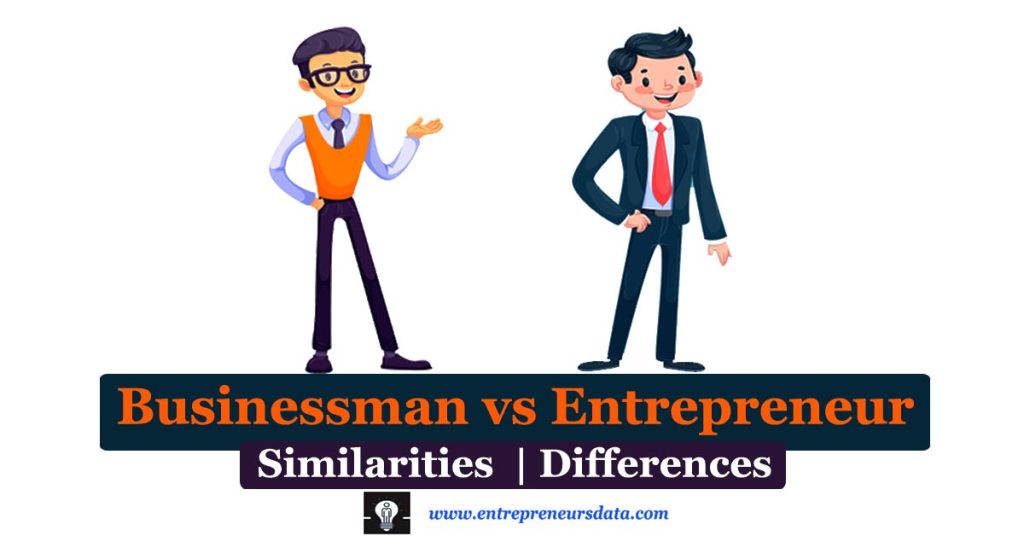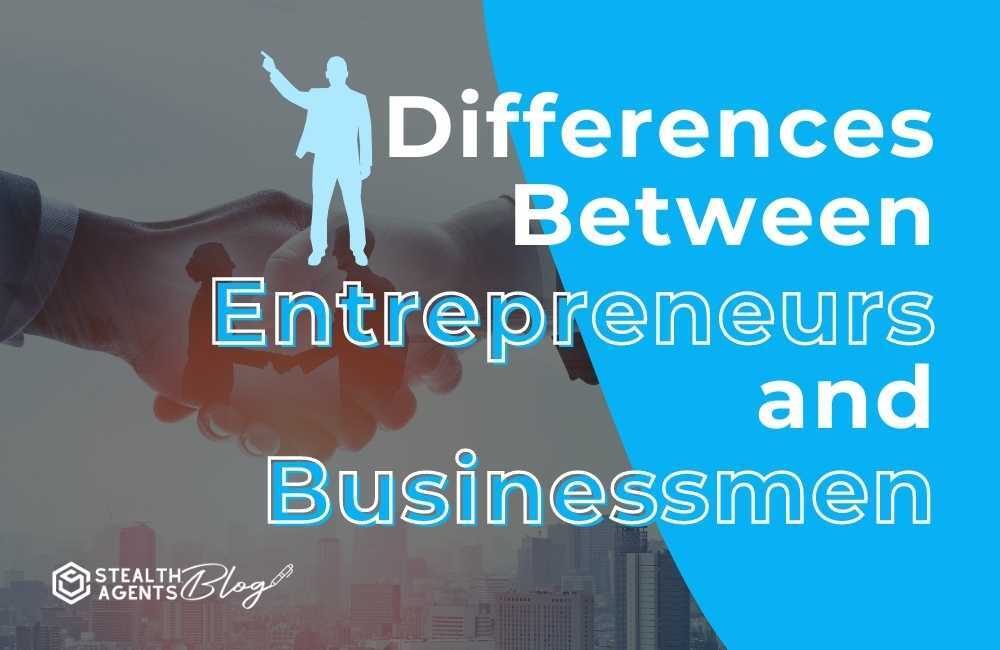Difference Between An Entrepreneur And Businessman
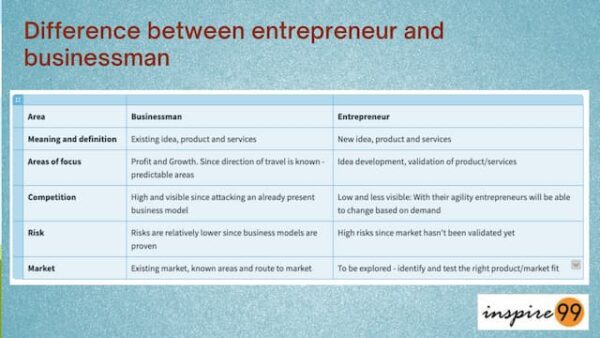
The terms entrepreneur and businessman are often used interchangeably, leading to confusion about the nuances that differentiate these two distinct roles in the business world.
While both entrepreneurs and businessmen aim to generate profit, their approaches, risk tolerance, and overall vision often diverge significantly. Understanding these differences is crucial for aspiring business leaders, investors, and anyone seeking to navigate the complexities of the modern economy. This article delves into the key distinctions between these two pivotal figures.
Defining the Roles
At its core, a businessman is someone who operates an existing business with the primary goal of maintaining profitability and stability. Their focus is on efficiency, optimization, and incremental growth within established markets.
An entrepreneur, on the other hand, is a visionary who identifies unmet needs or opportunities and creates a new venture to address them. They are driven by innovation, disruption, and the desire to bring something novel to the market.
Risk and Innovation
Entrepreneurs are inherently risk-takers, willing to invest significant time, capital, and effort into unproven ideas. They embrace uncertainty and view failure as a learning opportunity.
Businessmen, conversely, tend to be more risk-averse, prioritizing stability and minimizing potential losses. They often favor proven strategies and established business models.
According to a report by the Small Business Administration (SBA), startups have a higher failure rate than established businesses, highlighting the inherent risk associated with entrepreneurial ventures.
Focus and Vision
A businessman's primary focus is on managing day-to-day operations, streamlining processes, and maximizing profits within the existing framework of the business. Their vision is typically centered around sustaining and growing the current enterprise.
Entrepreneurs possess a grander vision, often aiming to revolutionize an industry or create entirely new markets. Their focus is on long-term growth, innovation, and building a scalable business model.
As Peter Drucker famously said, "The entrepreneur always searches for change, responds to it, and exploits it as an opportunity." This highlights the proactive and innovative nature of entrepreneurship.
Resource Allocation
Businessmen typically rely on established financial resources and traditional funding methods, such as bank loans and reinvested profits. They prioritize efficient resource allocation to maximize returns.
Entrepreneurs are often more resourceful and creative in securing funding, exploring options like venture capital, angel investors, and crowdfunding. They are willing to invest in unproven concepts, often with limited resources.
The National Venture Capital Association (NVCA) reports that venture capital investments in early-stage companies have significantly increased in recent years, reflecting the growing importance of entrepreneurial ventures in the economy.
Impact on Society
Both businessmen and entrepreneurs contribute to the economy, but their impact differs. Businessmen provide stability, employment, and essential goods and services within established markets.
Entrepreneurs, however, drive innovation, create new industries, and generate transformative solutions to societal problems. Their ventures often lead to job creation, technological advancements, and increased competition.
For example, the rise of companies like Amazon and Tesla, founded by entrepreneurs, has fundamentally reshaped the retail and automotive industries, respectively.
Key Takeaways
In summary, while both entrepreneurs and businessmen are essential for a thriving economy, their roles, motivations, and approaches differ significantly.
Businessmen focus on maintaining and optimizing existing businesses, while entrepreneurs are driven by innovation and the creation of new ventures. Understanding these distinctions is critical for anyone involved in the business world, whether as an aspiring leader, investor, or consumer.
Ultimately, the choice between pursuing a path as a businessman or an entrepreneur depends on individual risk tolerance, vision, and desire for impact.






